When we think about agriculture, we often picture vast fields of crops, heavy machinery, and hardworking farmers. However, there’s another group of unsung heroes quietly contributing to the success of agriculture – beneficial insects. These tiny creatures play a crucial role in transforming the way we farm, making it more sustainable and eco-friendly. In this article, we’ll dive deep into the world of beneficial insects, exploring how they are revolutionizing agriculture.
Read, Also >>>>>> A Step-by-Step Guide On How To Start Your Vertical Farming Business
The Unsung Heroes of Agriculture
Meet the Beneficial Insects
Beneficial insects are natural predators that help control pests in agricultural ecosystems. They come in various forms, from ladybugs and parasitoid wasps to lacewings and hoverflies. These small creatures are the frontline defenders of our crops, reducing the need for harmful chemical pesticides. Here are the 10 most common beneficial insects we have.

1. Ladybugs (Lady Beetles):
Ladybugs are well-known for their voracious appetite for aphids and other soft-bodied pests. They are colorful and easy to spot, making them a favorite among gardeners.
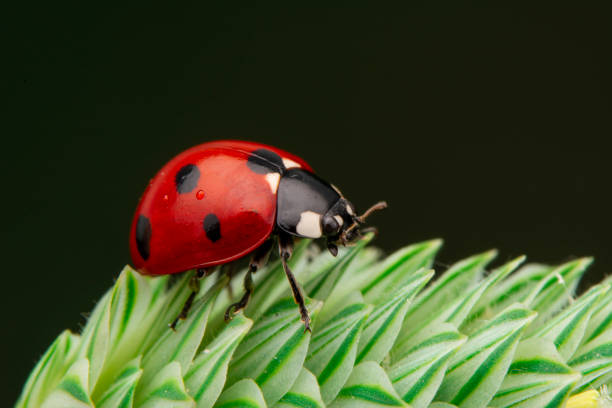
2. Green Lacewings:
Lacewings have delicate, lacy wings and feed on aphids, mealybugs, and small caterpillars. Their larvae are particularly effective predators.
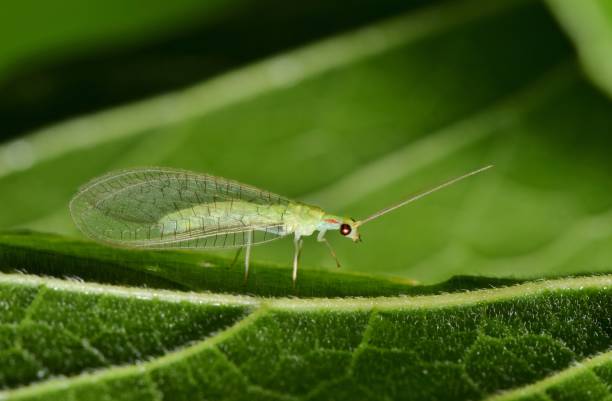
3. Parasitoid Wasps:
These tiny wasps lay their eggs on or inside pest insects, eventually killing them. They are used for biological pest control in various crops.
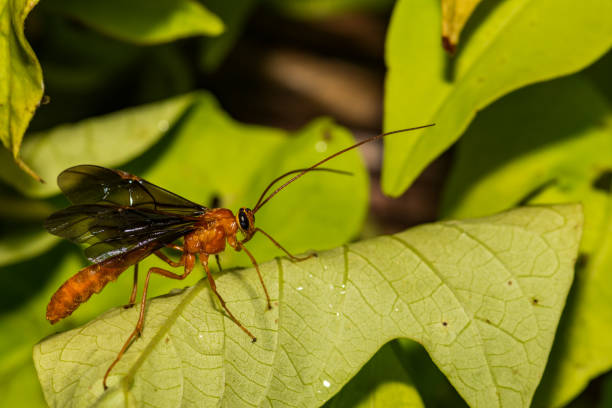
4. Hoverflies (Syrphid Flies):
Hoverfly larvae feed on aphids, thrips, and other small insects, while adult flies are important pollinators.
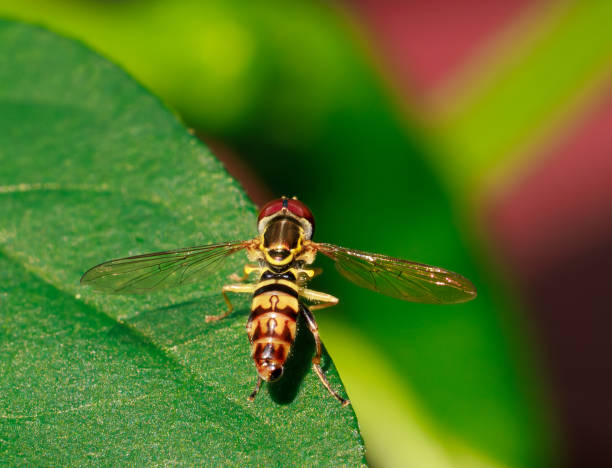
5. Praying Mantises:
Praying mantises are fierce predators that consume a variety of garden pests, including caterpillars, flies, and grasshoppers.
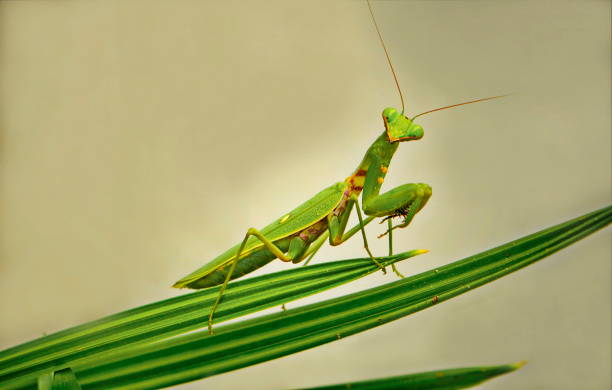
6. Predatory Beetles (Ground Beetles):
Ground beetles are nocturnal hunters that prey on slugs, snails, cutworms, and other soil-dwelling pests.
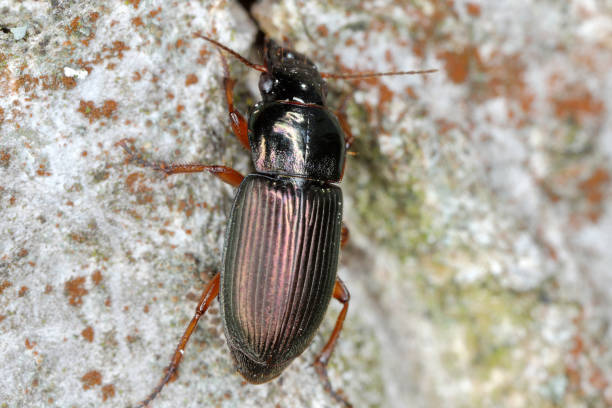
7. Spiders:
While not insects, spiders are valuable predators that catch and eat a wide range of garden pests, helping to keep their populations in check.
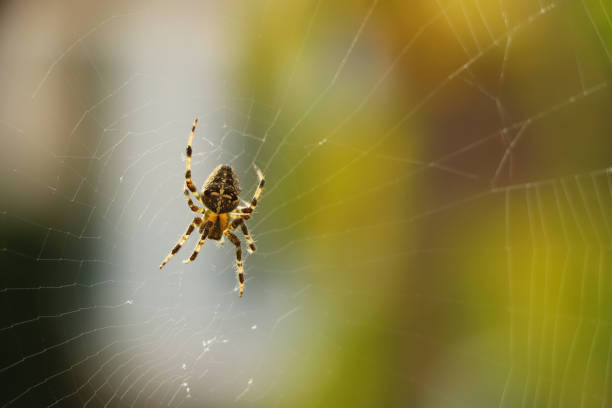
8. Minute Pirate Bugs:
These tiny, black bugs feed on aphids, spider mites, and other small insects. They are especially effective in controlling thrips.
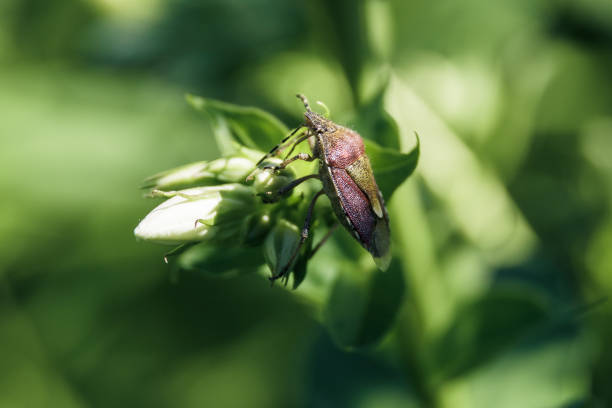
9. Nematodes:
Although microscopic, beneficial nematodes are used in organic farming to control soil-dwelling pests like root-knot nematodes and white grubs.
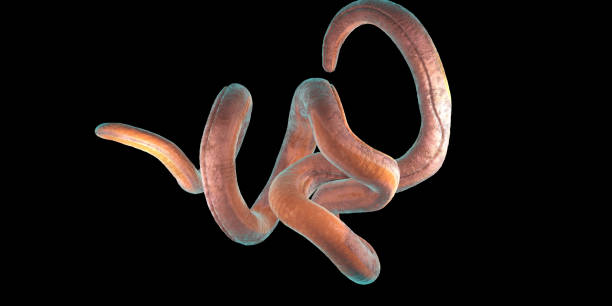
10. Bees:
While many people think of bees primarily as pollinators, they also contribute to pest control by feeding on nectar and pollen and by hunting for caterpillars and other insects to feed their larvae.

These beneficial insects are nature’s allies in maintaining a healthy balance in ecosystems and promoting sustainable agriculture practices. Gardeners and farmers often encourage their presence to reduce the need for chemical pesticides and ensure successful crop production.
Read, Also >>>>>> A Step-by-Step Guide On How To Start Your Vertical Farming Business
Natural Pest Control:
The Battle Against Crop Pests
One of the most significant contributions of beneficial insects is their role in pest control. They prey on crop-damaging pests like aphids, caterpillars, and mites, keeping their populations in check. This natural form of pest management reduces the reliance on chemical pesticides, which can harm the environment and beneficial insects themselves.
The Pollinator Powerhouses:
Saving Our Food Supply
Beneficial insects, particularly bees and butterflies, are vital pollinators. They transfer pollen from one flower to another, enabling the fertilization of plants. This process is essential for the production of fruits, vegetables, and nuts. Without pollinators, our food supply would be in jeopardy.
Promoting Sustainable Farming Practices:
Eco-Friendly Farming
By using beneficial insects for pest control and pollination, farmers can embrace more sustainable practices. This reduces the environmental impact of agriculture and ensures that future generations can continue to enjoy the benefits of a healthy planet.
Success Stories in Agriculture:
Real-World Impact:
Several success stories illustrate the transformative power of beneficial insects in agriculture. From vineyards using ladybugs to control aphids to almond orchards relying on bees for pollination, these practices are changing the face of farming.
Challenges and Future Prospects:
Overcoming Obstacles
While beneficial insects offer numerous advantages, they also face challenges. Habitat loss, climate change, and pesticide exposure can harm these tiny heroes. However, researchers and farmers are working together to find solutions and ensure their survival.
Read, Also >>>>>> How the Department of Agriculture is Redefining Pest Control For Sustainable Agriculture
How You Can Help:
Supporting Beneficial Insects
As consumers, we can play a role in supporting beneficial insects by choosing products from eco-friendly, sustainable farms. Additionally, creating pollinator-friendly gardens in our own homes can provide these insects with much-needed habitat.
Nature’s tiny heroes, beneficial insects, are indeed transforming agriculture. They are the key to reducing the environmental impact of farming, promoting sustainability, and ensuring a future where we can enjoy bountiful harvests while preserving our planet. As we continue to learn from and protect these small wonders, we pave the way for a brighter, more sustainable future in agriculture.
In conclusion, beneficial insects are nature’s tiny heroes with a significant impact on agriculture. They provide natural pest control, facilitate pollination, and promote sustainable farming practices. Their role is crucial for reducing the use of chemical pesticides and ensuring a healthy food supply. By understanding and supporting these tiny heroes, we can transform agriculture into a more sustainable and eco-friendly industry.
Read, Also >>>>>> How the Department of Agriculture is Redefining Pest Control For Sustainable Agriculture


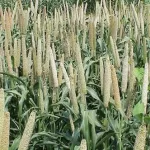
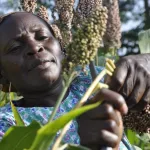

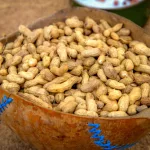
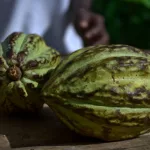
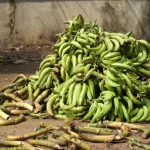
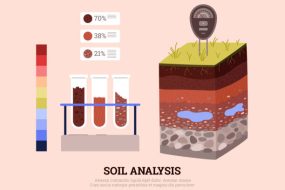
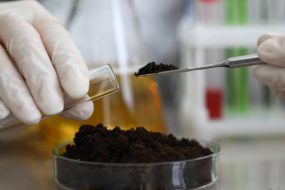
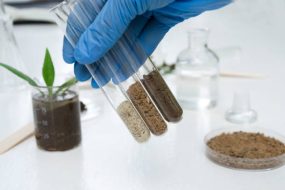
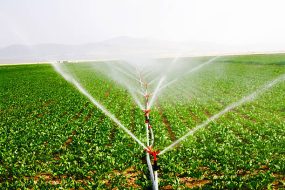
One reply on “Discover How These 10 Beneficial Insects Are Used in Agriculture and How They Contribute To Pest Control”
[…] Read, Also >>>>>> Discover How These 10 Beneficial Insects Are Used in Agriculture and How They Contribute To Pest Con… […]